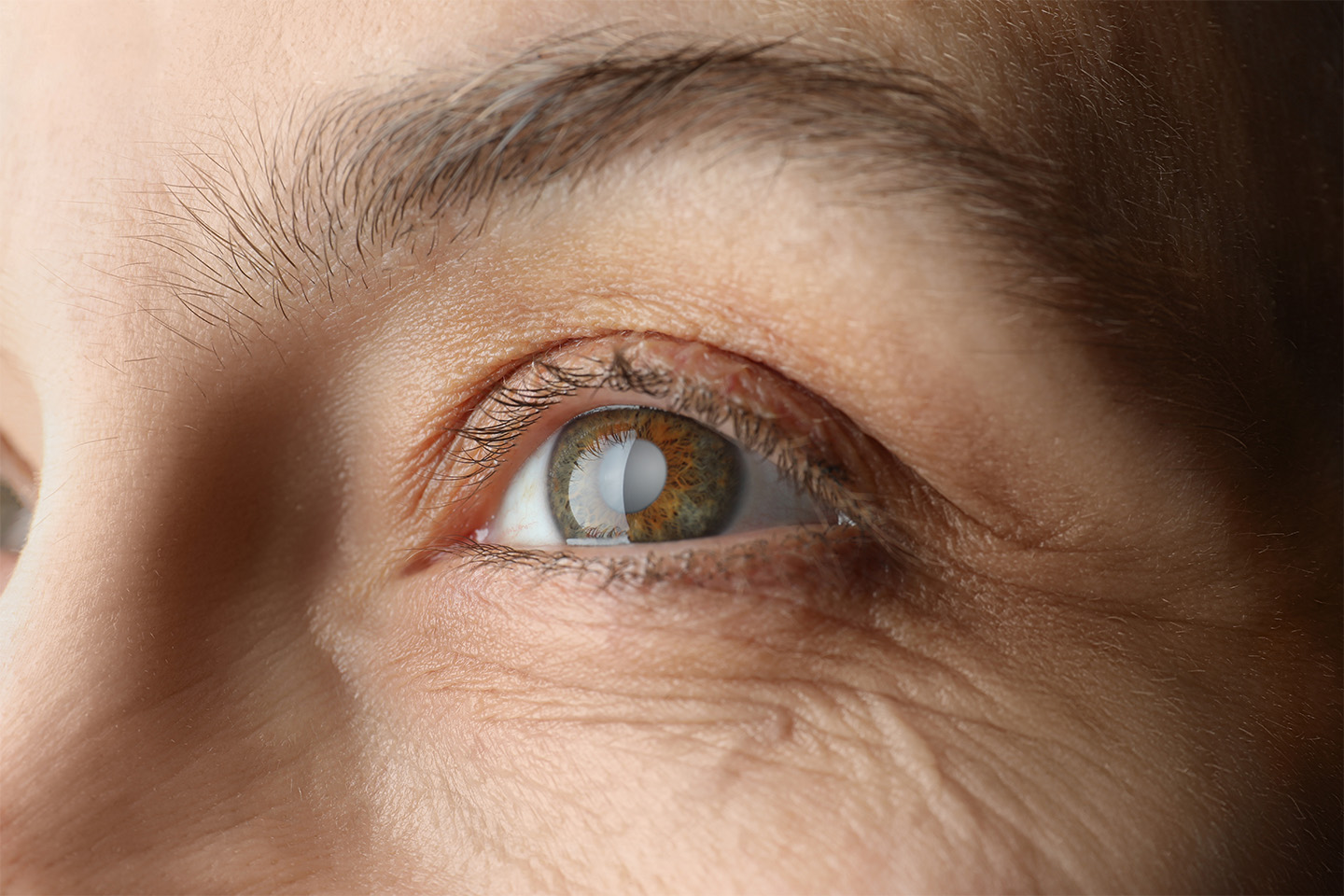Is Cataract Surgery Painful?

Cataracts are a common age-related eye condition and affect millions of people worldwide. They can significantly impact a person’s quality of life by causing vision problems like blurred vision, double vision, difficulty seeing at night, fading or yellowing of colors, and sensitivity to bright lights. Cataract surgery is a proven option to remove cataracts and restore vision and eye health, but some individuals hesitate to have the procedure due to concerns about pain. However, the vast majority of patients experience little to no pain either during or after cataract surgery. Understanding the process of cataract surgery and knowing what to expect can help put your mind at ease.
What To Expect During Cataract Surgery
With advancements in technology and surgical techniques, cataract surgery has become increasingly safe and effective, with minimal risk of complications. It is a simple procedure usually performed on an outpatient basis and involves removing the eye’s clouded natural lens and replacing it with an artificial intraocular lens (IOL).
When you arrive for your cataract surgery, the surgeon may give you a sedative to help you relax. Then, eye drops are used as a local anesthetic to numb the eye before beginning the procedure.
Most cataract surgeries use a process known as phacoemulsification. The eye surgeon uses a blade (traditional cataract surgery) or laser (laser-assisted cataract surgery) to make a microscopic incision at the edge of the cornea, then uses a handheld ultrasound device to break up the cloudy lens. Then, the cataract surgeon uses a tool to suction out the tiny lens fragments, and the IOL is inserted and positioned through the same incision. The whole procedure typically takes 20 minutes or less to complete.
It’s normal to feel slight pressure or mild discomfort during cataract surgery; however, rest assured that most patients experience very little to no pain. The eye care staff may ask you to wait in a waiting area for 30 minutes to one hour immediately after the surgery. It’s important to have transportation arranged, as you will be unable to drive right away.
Cataract Surgery Healing and Recovery
Following a cataract surgical procedure, some patients may experience mild discomfort or irritation in the treated eye after the numbing eye drops wear off. It’s also common to experience a temporary increase in light sensitivity or blurry vision. Your eye surgeon will prescribe eye drops and may recommend over-the-counter pain medication to help manage these side effects. In most cases, any discomfort resolves within a few days as the eye heals.
Complications from cataract surgery are rare, and most patients experience significant improvement in their vision following the procedure. Proper postoperative care and attending all follow-up appointments will support a smooth recovery.
Trust the Cataract Experts at ICON Eyecare
The world-class eye doctors at ICON Eyecare are committed to providing quality vision correction through skilled cataract treatment. We take pride in ensuring our cataract surgery patients have a complete understanding of their care, treatment, and lens options. See why thousands of patients have trusted us with their vision care, and contact us today to request your free cataract surgery consultation.
[DISPLAY_ULTIMATE_SOCIAL_ICONS]








